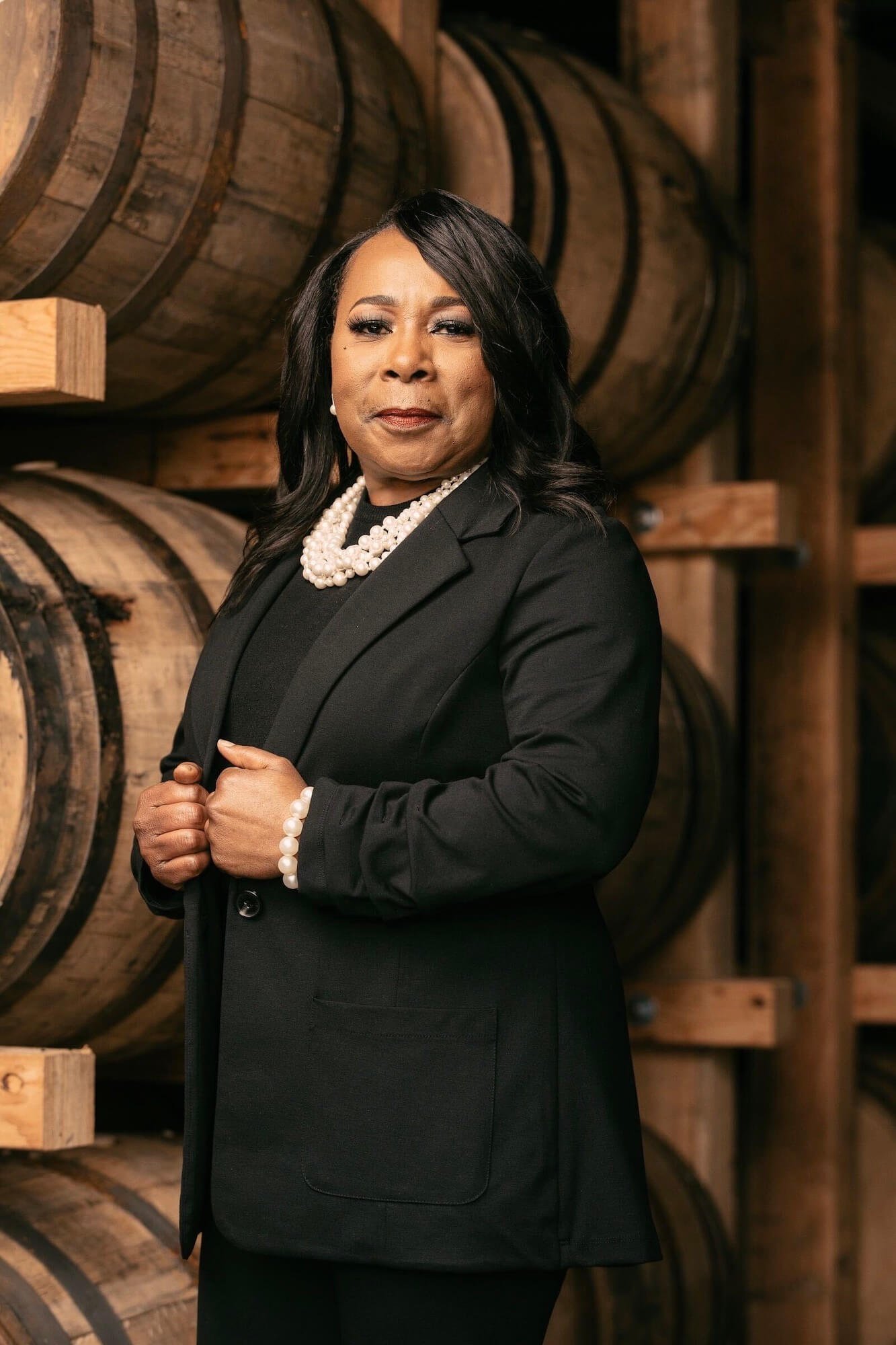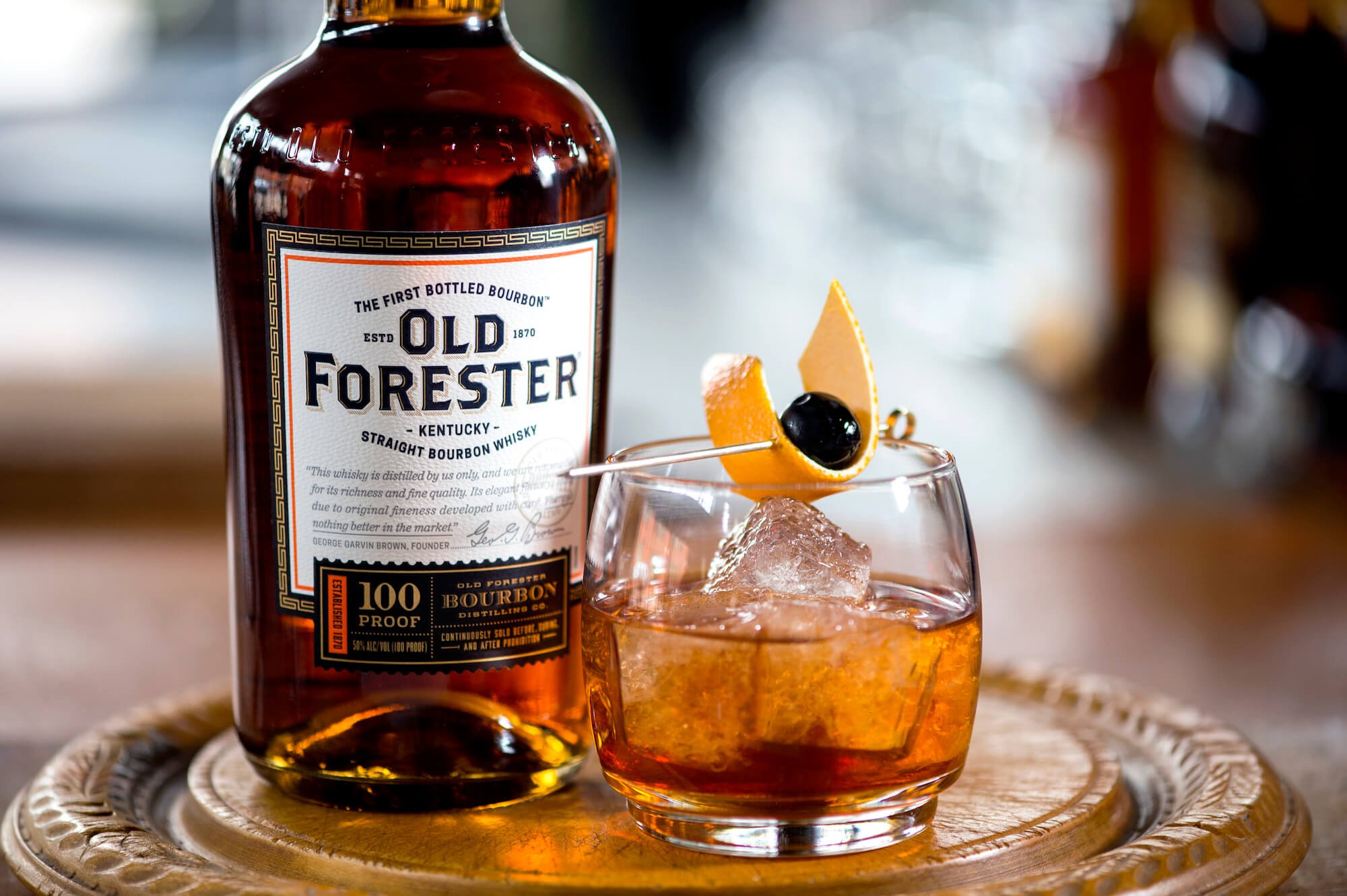How 3 Brands are Restoring Women's Rightful Role in Whiskey
Women are reclaiming their place in whiskey. While men have dominated the world of distilling in modern history, that may end up just being a blip. We turned to three of the most prominent and promising women in whiskey to find out what their rise has been like, and which bottle they find themselves reaching for more than any other.
History of Women and Whiskey
Women have been involved with producing alcoholic beverages since the beginning and are credited with the invention of beer in Mesopotamia in 4000 B.C., according to Fred Minnick’s now-classic 2013 account, Whiskey Women. From there, it was just a matter of well, millennia, for an alchemist named Maria Hebrea to build the world’s first distilling apparatus. Today, many regions of the world still use her device, the alembic still, to make brandy and whiskey. (Her work was first documented in the fourth century, and she is believed to have lived between the 1st and 3rd century C.E.).
For centuries, up through the 1500s, women ran commercial apothecaries and created distilled spirits, wine and beer for medicinal purposes. Up until the 18th century in the U.S., women were in charge of hooch production at home. But as the business of making spirits became increasingly lucrative, women were pushed to the side.
Shaping Whiskey Culture
Today, women are shaping whiskey culture once again. This is both a function of the cultural and historical moment—despite challenges raised by the pandemic, women are still rising to the top of male-dominated fields—but also as the result, perhaps, of simple biology. Women now represent about 30% of all whiskey drinkers in the U.S. according to the Bourbon Women’s Association, up from 15% in the 1990s, and even if they’re not drinking the stuff at the same rates as men (yet), because women make an estimated 70% of all alcohol purchasing decisions, it makes basic economic sense to appeal to and engage with them.
And this is controversial, but according to multiple scientific studies and anecdotal evidence, women tend to be better tasters than men.
Elizabeth McCall of Woodford Reserve
Woodford Reserve
Elizabeth McCall CSS was personally recruited by Woodford Reserve’s Master Distiller Chris Morris to be his Assistant Master Distiller in 2018, with the intention of making her Master one day. McCall was the Master Taster at the Versaille, KY distillery at the time, and at 33, became one of the youngest female distillers in the U.S.
McCall says that when she joined Woodford’s parent company Brown-Forman in 2009, gender was already a non-issue.
“I have not encountered gender bias,” she says. “In my numerous roles within Brown-Forman I have always been fortunate enough to be working with women in influential positions. The culture that existed when I entered was supportive, but I know the industry has not always been this way, and I appreciate all the women who came before me and blazed that trail.”
McCall, and Miller, are both the second-generation to work in the Bourbon industry in their families; both of their mothers worked in the business, with McCall’s mother taking on various roles in the quality and sensory departments.
While McCall isn’t one to hype her palate, gracefully dodging questions about its potential superiority, she does admit that “everything in sensory evaluation is dependent on how a human responds to a product, in our case beverage alcohol, with their senses. My palate has guided my work since day one, and it’s something I work on continuously.”
She is also proud that Woodford seems to reaching more women, statistically speaking, than other brands. “When looking at data from Nielsen, 40% of Woodford Reserve shoppers are women, which is a strong representation,” McCall says. “Keep in mind the shopper is the one purchasing, we don’t know if that person is also consuming. I would love to see women representing half of our consumers, and I’m confident we will get there one day.”
If she had one Bourbon to drink for the rest of her life, McCall says it would be the Woodford Reserve Double Oaked. “It is the most friendly ‘hello’ you’ll ever get from a Kentucky Straight Bourbon Whiskey,” McCall says.
Uncle Nearest
Uncle Nearest Premium Whiskey, meanwhile, was founded and is run by a team of Black women, and has become since its founding, the best-selling African-American owned and founded spirits brand of all time.
Master Blender Victoria Eady Butler joined Uncle Nearest to follow in the footsteps of her great-great-grandfather Nearest Green, the man who taught Jack Daniel to make whiskey, and the company’s namesake. For Butler, her gender has only proven to be an asset. “I realized my palate was strong at the end of the very first day of blending the first batch of Uncle Nearest 1884 Small Batch,” she says. “But then the confirmation came when the bottle hit the market. From the initial launch, it was well received by the consumers and in whiskey competitions. As a Master Blender, my palate is my most valuable asset.”
Uncle Nearest recently took Gold in the New York International Spirits Competition, which The Alcohol Professor sponsors.
Uncle Nearest’s success, she says, speaks for itself, and is helping lift the profile of women in whiskey. “One of the most important ways of helping women rise is by being a visible example that a woman has the capability of being in a decision-making position,” she says. “Having won multiple Master Blend of the Year titles, I hope it is now evident that a woman has the skills necessary to be the best in the industry.”
If she had to pick one favorite for Uncle Nearest’s line, she says it would be the new iteration of the 1884 Small Batch Whiskey. “It is our own juice from start to finish, and it’s the best whiskey we’ve bottled to date,” Butler says.
Jackie Zykan of Old Forester
Old Forester
Old Forester has been around for 150 years, and the Shively, KY distillery has accomplished several firsts. In addition to being the first bottled Bourbon in history, it also turned its mixologist-turned-Master Taster Jackie Zykan into a household name when it put her signature on the label of its 117 Series High Angels Share in March of 2021.
Zykan carries the weight of her honored place in Whiskey history with care and thought, and celebrates women’s natural edge on taste. “Being that we’re mammals and women carry offspring inside their bodies, sharing nutrients with them, one can better understand how women generally have more sensitive palates than men,” Zykan says. “The ability to detect and avoid compounds that could pose a threat to survival is key to producing viable children.”
But a sensitive palate can only get you so far, she adds. “You must be able to articulate those perceptions, which is heavily reliant on experience,” Zykan says.
Old Forester photo credit Brown Forman
Picking a favorite in the Old Forester line is impossible, so she picks two for different sipping circumstances. “I love the 100-proof core Old Forester expression,” Zykan says. “It makes the best Old Fashioned. However, if I’m sipping it neat, the 1910 holds my heart.”
All of these whiskeys hold our hearts, because they’re delicious, and they clearly show—as Butler so eloquently points out—just how much women are capable of in the world of Whiskey.






